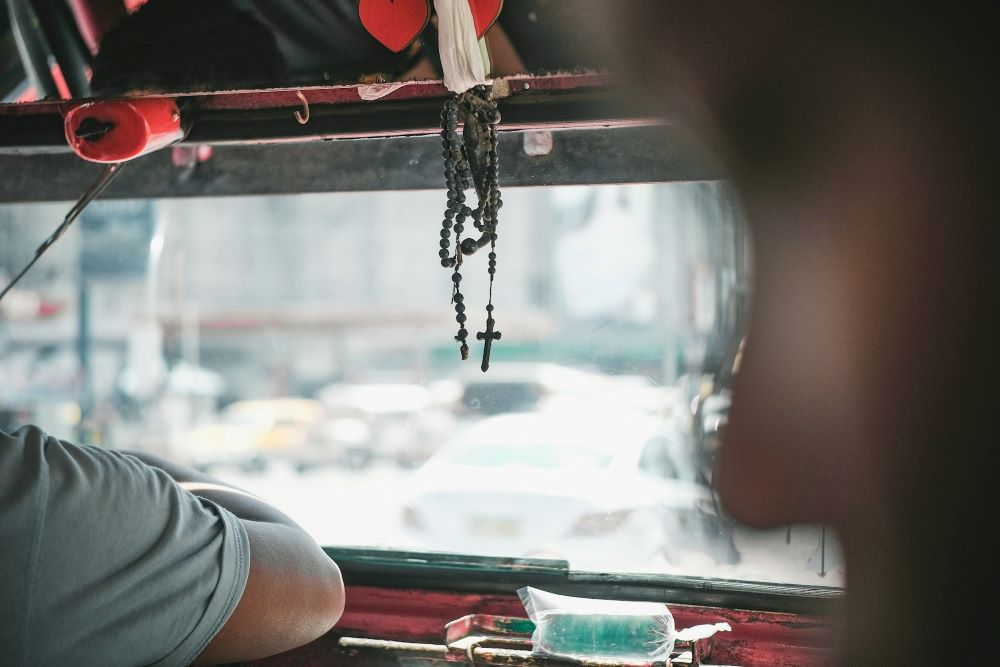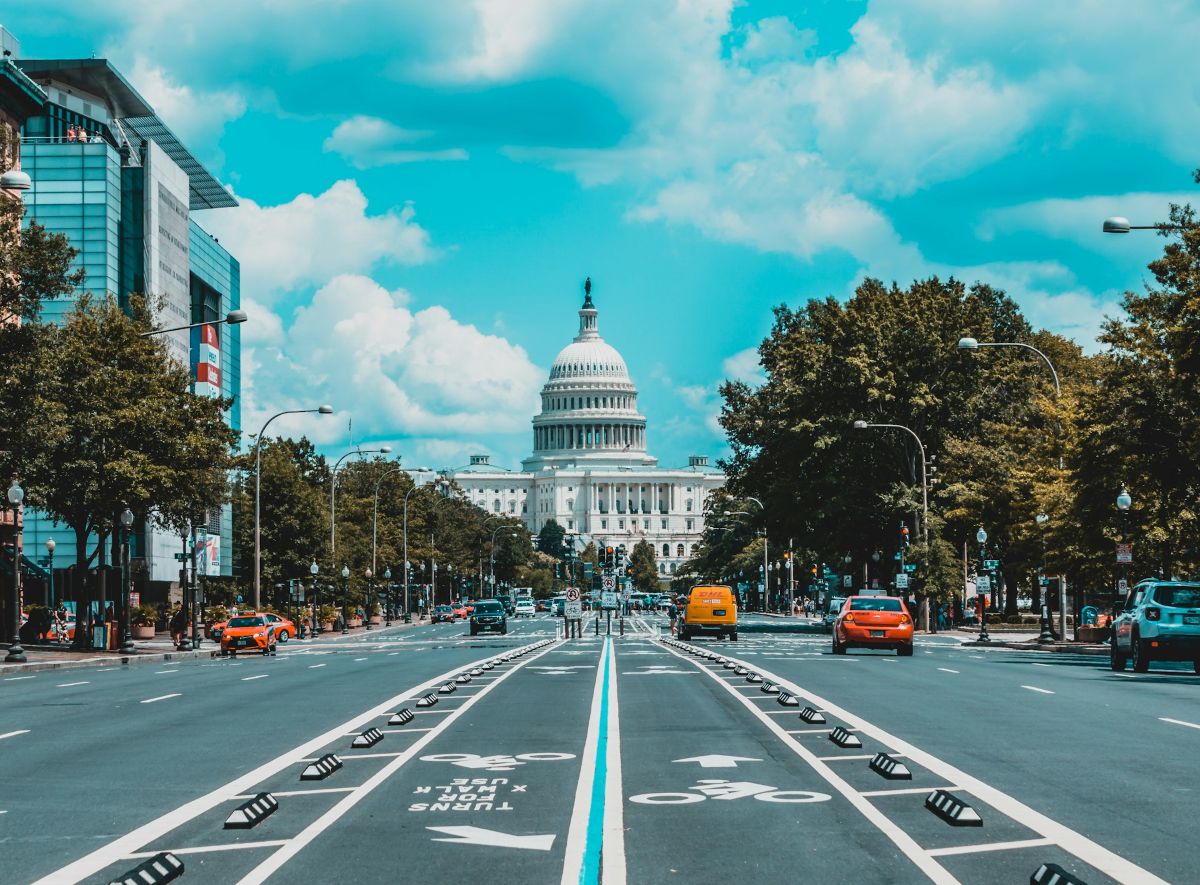Table of Contents
ToggleFor the passionate traveler, foreign expatriate, or digital nomad, Asia offers an unparalleled tapestry of cultural diversity. One of the most fascinating times to experience cultural richness is during the observance of Holy Week, a period of great spiritual significance for Christian communities across the continent. From the iconic reenactments and processions in the Philippines to the blend of tradition and modernity in Singapore, each country in Asia celebrates Holy Week in its unique way, providing a gateway to a world of customs, rituals, and spirituality.
Holy Week Traditions in Key Asian Countries
The Philippines
In the Philippines, Holy Week, locally known as Semana Santa, is marked by elaborate and solemn processions that depict the Passion of Christ. The most famous of these is the Stations of the Cross, a series of 14 life-sized images that are taken through the streets in a slow, contemplative march. The week’s activities also include ‘Pabasa,’ chanting the whole day or night from a book detailing the events of the Passion, and the ‘Salubong,’ a dawn reenactment of the meeting of the Risen Christ and the Virgin Mary. These traditions are deeply embedded in Filipino culture, drawing not only the devout but also scholars and tourists from around the globe.
India
India’s Christian communities, though a minority in the country, observe Holy Week with great reverence. From the southern coastal regions with their Portuguese heritage to the northeastern states where Christianity has ancient roots, each community has its unique set of Holy Week traditions. The state of Goa, for instance, is well-known for its Mando carols that retell the story of Christ’s life and death. Indian Christians also engage in fasting and prayer, with special services held throughout the week in local churches.
Singapore
Singapore’s multicultural ethos is reflected in the way Holy Week is observed by its Christian community. The week’s observances take place in the context of a wider spectrum of religious practices, with Christian services accompanied by cultural and culinary traditions from various ethnic groups. People from all walks of life gather at the iconic St. Andrew’s Cathedral for services, while many families observe Good Friday with the traditional meal of ‘Hot Cross Buns,’ a practice handed down through generations.
Hong Kong
In Hong Kong, Holy Week is marked by a variety of religious and cultural events. The Christian community joins in the pilgrimage to the ‘Stations of the Cross’ at the Rosary Church in Kowloon, a moving display that attracts worshippers and onlookers alike. Good Friday sees a quiet reflection settle over the city, with a mix of local and expat Christians attending services and doing the ‘Stations of the Cross’ walks across the island.
Indonesia
Indonesia, the world’s largest Muslim-majority nation, still boasts a significant Christian population that observes Holy Week in unique ways. In predominantly Christian regions such as Flores and Timor, the tradition of ‘Semana Santa’ is celebrated with processions led by brothers from various parishes, bearing intricately woven linens and statues representing Christ’s life and death. Worshipers gather for long hours of prayer and reflection as they prepare for Easter Sunday celebrations.
Impact on Local Businesses and Tourism

Holy Week brings with it a sense of reflection, but it also has a significant impact on local businesses and tourism. Throughout Asian countries, markets buzz with the sale of traditional foods and wares, and hotels fill up with both pilgrims and curious travelers who wish to witness these vibrant celebrations.
Economically, Holy Week is a boon for local entrepreneurs, from small street vendors selling snacks at processions to artisans crafting items for the week’s festivities. However, the influx of travelers also poses logistical challenges and often strains local resources, prompting businesses to adapt and prepare for the surge in demand.
Connecting with the Spirituality of Holy Week
During Holy Week, the devout engage in acts of prayer, fasting, and reflection, seeking a deeper connection with their faith. For the traveler or digital nomad, this presents an opportunity not only for cultural immersion but also for personal growth.
Engaging with local communities during Holy Week can provide a unique perspective on spirituality and cultural identity. By participating in observances or attending services, one can gain insight into the meaning behind the rituals, their historical significance, and their impact on the community. Furthermore, such engagements can foster meaningful connections with locals, transcending language and cultural barriers.
Encouraging Cultural Exploration During Holy Week in Asia
The observance of Holy Week in Asia offers a profound and diverse experience that is both a spiritual and cultural odyssey. As a traveler or digital nomad, it’s an invitation to step outside the familiar and immerse oneself in the practices and beliefs that shape the lives of millions.
To make the most of this cultural immersion, it’s essential to approach these experiences with respect and a willingness to learn. By doing so, you not only enrich your own travels but also contribute to the preservation and celebration of cultural heritage.
Conclusion
For the curious wanderer or the dedicated seeker, Holy Week in Asia presents a myriad of cultural riches waiting to be discovered. From the rustic towns of the Philippines to the bustling metropolis of Singapore, each country’s observance is a gateway to traditions that have withstood the test of time and continue to shape the fabric of their societies.
For businesses looking to operate through Holy Week without disrupting local observances, one option is to utilize employer of record (EOR) services like Eos Global Expansion. These services can manage HR and payroll processes, allowing businesses to continue functioning during this sacred time while ensuring that the local cultural and religious practices are respected. Employing such services not only benefits the local community by maintaining the social framework of Holy Week but also promotes sustainable business practices. Contact us directly or check our services here.
Featured photo by Aaron Burden on Unsplash







